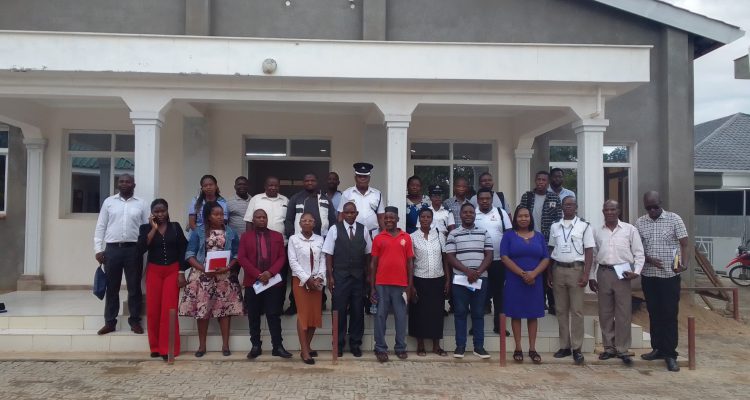
Fears are mounting that limited funding for mobile courts will perpetuate a cycle of silence and suffering for victims of Sexual Gender-Based Violence (SGBV) in the country, denying them access to timely justice.
Players in the justice sector, including legal practitioners, advocates and human rights activists, say it is crucial that various stakeholders should consider pumping more resources towards mobile courts initiatives.
Programmes Manager at the Centre for Victimized Women and Children (CAVWOC), Treassar Msokera, says mobile courts are instrumental in providing timely and accessible justice to victims of various forms of GBV, particularly to those living in rural and hard-to-reach areas.
“Mobile courts have proven to be an innovative way of raising awareness on GBV and at the same time helping in reducing cases of GBV.
“Due to poverty and other factors, a lot of GBV survivors suffer in silence because they don’t have access to court systems, and sometimes they even fail to report their cases to various reporting structures,” she said.
On Tuesday, CAVWOC, with financial support from Oxfam in Malawi, brought together various stakeholders in Balaka District to a round table discussion to bang heads on issues surrounding mobile court feedback mechanisms for survivors of GBV, to establish a survivor-centred and collaborative justice system that enhances equitable justice for all survivors of SGBV.
Msokera further called for a multi-sectoral approach in providing financial support towards mobile court initiatives apart from establishing a survivor-centred feedback mechanism to ensure that justice is sensitive to the needs of SGBV survivors.
Meanwhile, the station officer for Balaka Police Station, Superintendent Gideon Chisale, has implored concerned stakeholders in the justice sector to join forces in protecting survivors of GBV and other vulnerable groups so that they should be able to access equal justice without facing hurdles.
Statistics indicate that 34% of women in Malawi have experienced physical violence at some point in their lives, and one in every 5 girls is sexually abused before the age of 18.
The prevalent rate of GBV in the country calls for immediate action from different stakeholders if the trend is to be rectified.
The meeting drew together participants from the judiciary, police, civil society, education, health workers, social welfare officers and the media.














